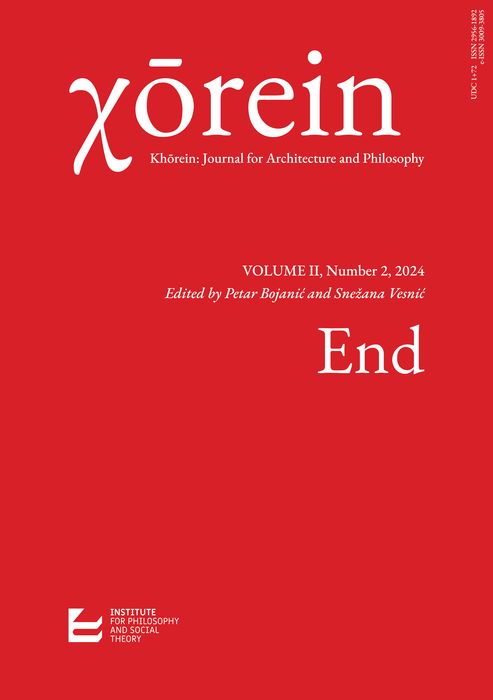The Use of the Project After the End of the Modern Project
The Use of the Project After the End of the Modern Project
Author(s): Dario GentiliSubject(s): Architecture, Sociology
Published by: Institut za filozofiju i društvenu teoriju
Keywords: future; project; use; utopia; modernity; void
Summary/Abstract: Modernity has inextricably linked the idea of the project to the temporal dimension of the future. However, today the future is perceived as a dimension that is already exhausted in the present, either as the consummation of all novelty or as the threat of a catastrophic outcome. One thus ends up living in a kind of eternal present, which, referring to Reinhart Koselleck, is configured as a “space of expectations” without a time horizon. Such questions cannot but call into question architecture, which has made the project one of its fundamental categories. A genealogy of the architectural project is then proposed as it is connected to the political project, which already finds a spatial connotation in Plato, and “void” is identified as that concept from which different modes of projectuality are determined. It follows that, in today’s ascertained end of the modern project, the possibility of a different conception of the project opens up, one that is not defined as an alternative to use as modernity intended, but rather is shaped from use itself, so that the present space of expectation can disclose its own horizon of the future.
Journal: Khōrein: Journal for Architecture and Philosophy
- Issue Year: 2/2024
- Issue No: 2
- Page Range: 51-71
- Page Count: 21
- Language: English

